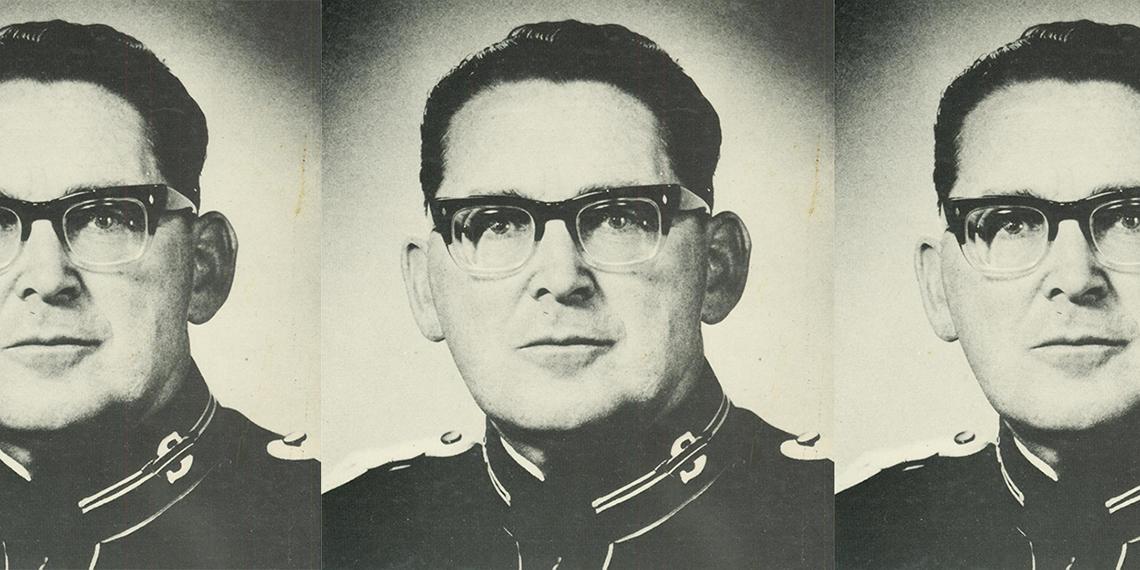You are here
Dr Thomas N. Rive (1920-1978)

Born into a Salvationist family in Waimate in the South Island in 1920, Tom Rive very early on showed distinctive musical ability. At 16 years of age he was the bandmaster at Waimate, and after shifting to Wellington in the late 1930’s he was B/M Dean Goffin’s deputy at Wellington South for a period, before moving to Auckland to study at Auckland University. He completed the B. Music degree in 1943 and was appointed to the lecturing staff in 1945. In 1949 he was awarded a N.Z. Government Bursary which enabled him to undertake post-graduate study in composition at the University of Oxford. He was the first graduate to be awarded a Ph.D in music by Auckland University and in 1974 was awarded the rare distinction of a personal chair. His special interest in Roman Catholic liturgical music of the Counter-Reformation, led to his recognition as the leading world authority on the 16th century Spanish composer Thomas Luis de Victoria. For 18 years Tom trained and conducted the University Madrigal Choir, and served a term as President of the Guild of New Zealand composers.
Dr. Rive’s achievements within the context of the Salvation Army were as distinguished as his outstanding academic career. His contributions to Auckland Congress Hall as bandmaster, songster-leader and Corps Sergeant Major were in the finest traditions of local officer leadership, and in the final phase of his life he was a greatly loved bandmaster at the Newton Corps. Throughout these years of Salvation Army service he was blessed by the devoted and loyal support of his wife, the former Audrey Skellon, whom he married in 1943.
Dr. Rive’s two Festival Series selections for brass band “I know a Fount” and “Pilgrim Song” brought him world renown. The former symphonic variations were once described by a very well known Army conductor as “the Army’s most profound published music thus far”. Certainly, Thomas Rive, through the years fulfilled many engagements throughout Australasia, North America, and Europe as guest conductor, lecturer, and preacher. His promotion to glory at the comparatively early age of 57 on February 10, 1978, was a significant loss to both the Salvation Army and academia.